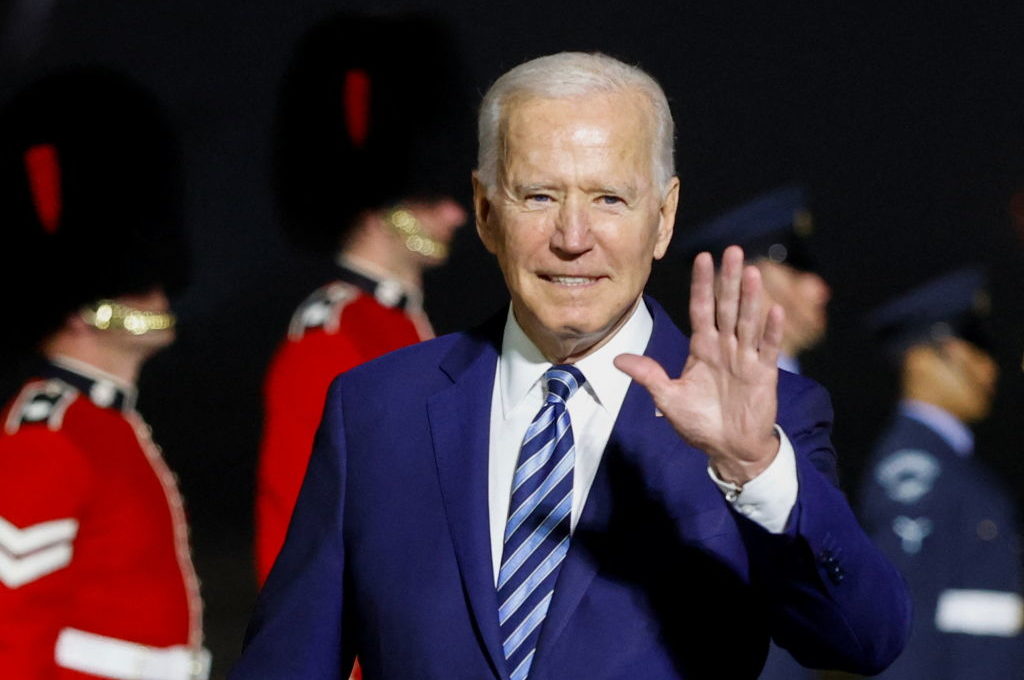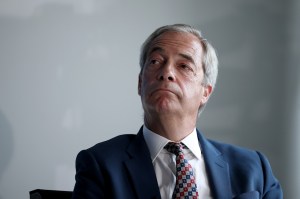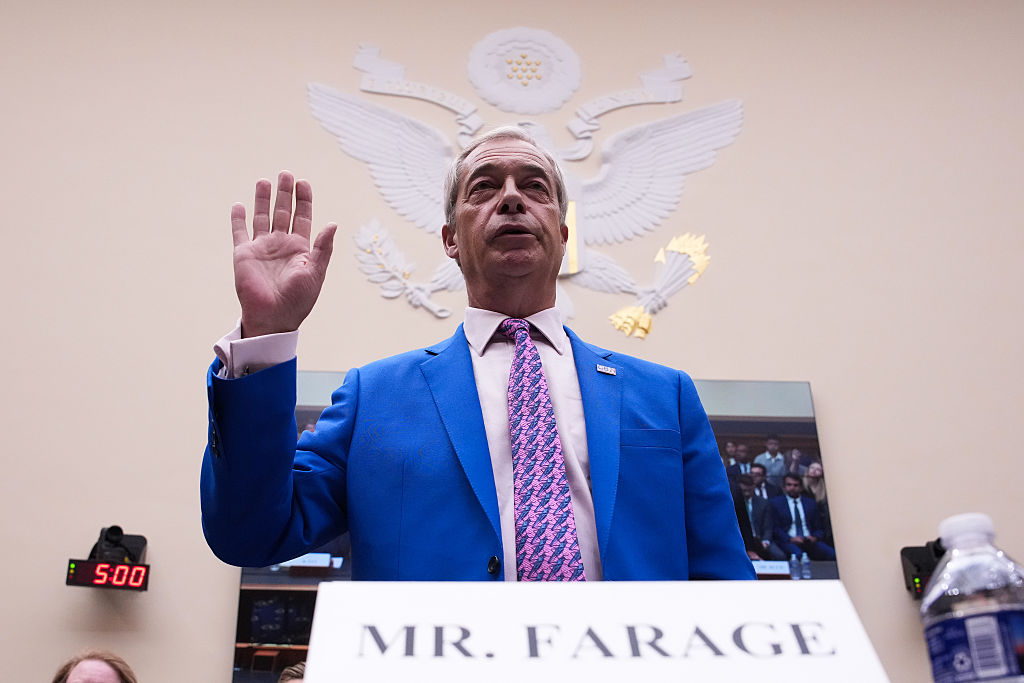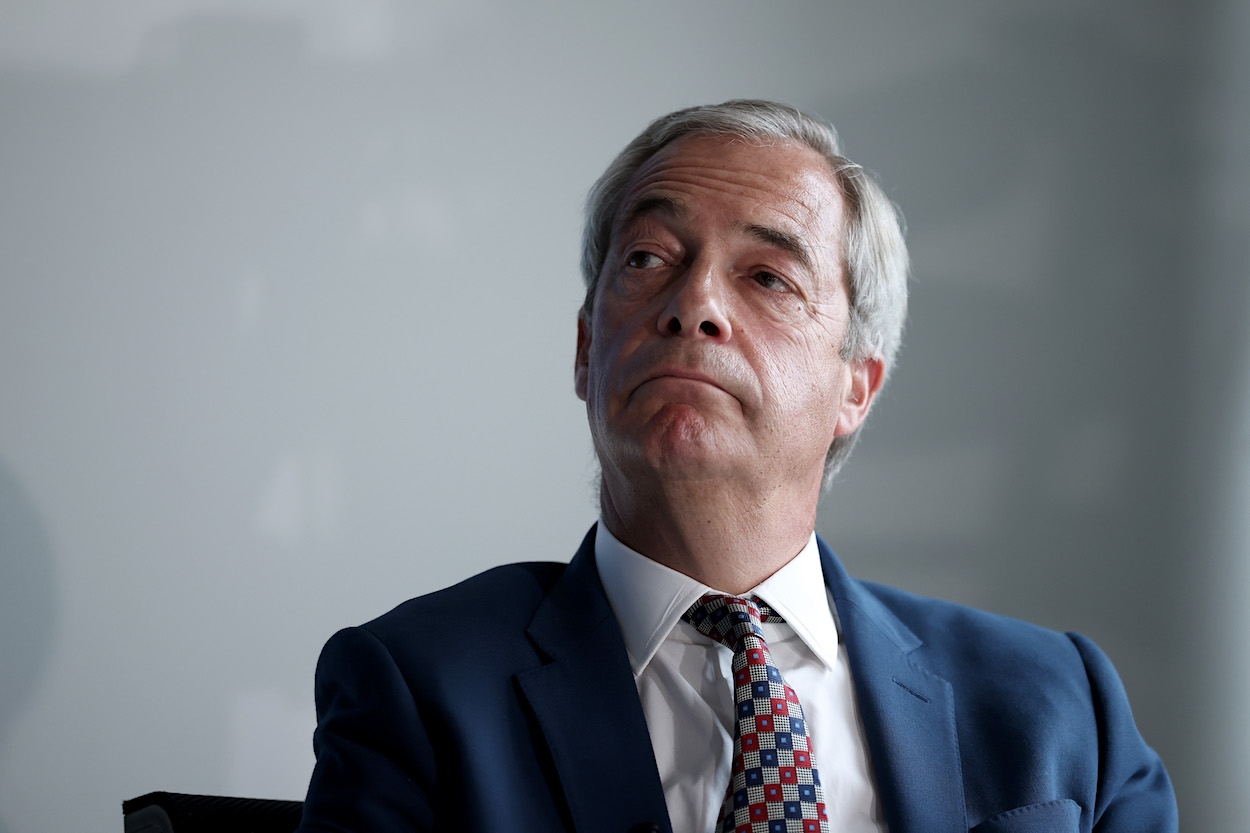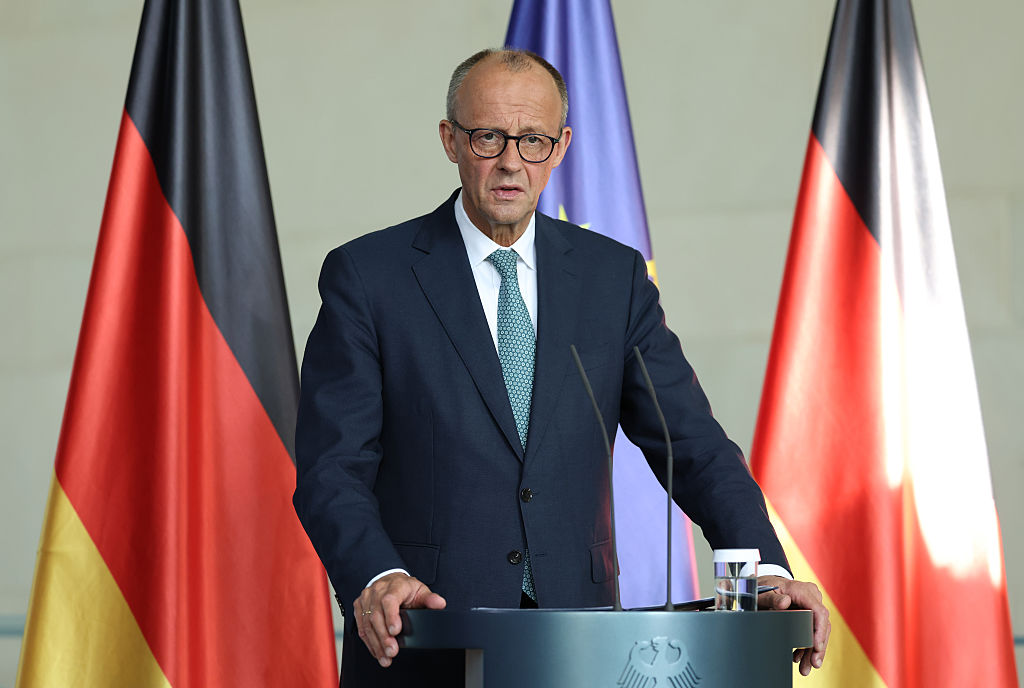Even a pessimist could be forgiven for being surprised by Joe ‘I’m Irish’ Biden’s ham-fisted intervention in the ongoing row over the Northern Ireland protocol.
If Boris Johnson’s remark that the phrase ‘Special Relationship’ didn’t ring true before, they certainly must after the President opened his visit by quoting W.B. Yeats on the Easter Rising…while visiting a Royal Air Force base.
It will also be a wearisomely familiar routine for Ulster unionists, who have been scorning American pressure to abandon Britain since at least the days of Woodrow Wilson. How will the British government respond? There remain many on the right bewitched by yesterday’s Atlanticism. It ought to be absurd to suggest that the UK compromise on its basic territorial integrity in order to curry favor in Washington. Yet that is precisely what Biden has done by issuing a diplomatic rebuke of the British government.
Fortunately, it looks for the moment as if the government intends to hold firm. EU sources apparently believe that London will once again unilaterally extend grace periods on foodstuffs entering Northern Ireland from Great Britain, rather than allow the protocol to threaten east-west supply chains.
It is right to fight this battle now. But it remains an open question what the endgame of this strategy is.
It is clear that, as it currently stands, the protocol would severely impact the movement of food (not to mention other vital goods, such as medicines) inside the UK. This was apparent in December, when DUP MPs pressed Michael Gove on Irish claims that the grace periods were intended only to give Ulster businesses time to set up new, south-facing supply chains. In response, he offered only a bromide about how great Northern Irish produce is, tacitly conceding the point.
It is also obvious that the EU remains deeply opposed to making concessions. There has been talk of ‘flexibility’, but a glance at Brussels’s definition of ‘flexibility’ is eye-opening. In three areas, there are only warm words about the importance of solutions. In the fourth, they suggest…UK alignment with EU standards on certain goods checks.
This would theoretically be ‘temporary’ — although the abject example of Theresa May’s backstop ought to be warning enough against such a strategy. A strategy that is based on giving the EU everything they want on the promise that they’ll concede something that suits them less later.
Indeed, nothing has put Brussels’s grand rhetoric about solidarity with Ireland in quite so much perspective as reports that EU diplomats are drawing up emergency plans to ‘restrict Ireland’s single market access’ in the event that London refuses to stop shipping chilled sausages to Belfast. Apparently, ‘consequences for Ireland’ are a price worth paying to shut out British foodstuffs. (Dublin’s obvious distress at the prospect of facing a sea border does have the handy effect of discrediting the efforts of protocol apologists, who pretend that the existing sea border is harmless and poses no serious threat either to Ulster’s economic or constitutional position in the UK.)
Meanwhile, the EU is reportedly threatening a ‘trade war’ with the UK in the event that it doesn’t back down. Is London ready for that?
David Frost’s strategy seems to be a good one. Instead of reaching for the nuclear option and triggering Article 16, the UK government is talking at least as good a game as Brussels when it comes to the theatre of constructive discussion. The EU’s own language about finding solutions thus helps to justify temporary interventions to protect supply chains. Brussels fears that this will ‘force’ them to take retaliatory action that will make the EU look like the bad guy.
London knows that once the grace periods end, the damage will be done. It is right to fight this battle now, rather than fold on checks in the forlorn hope that the problem will somehow fix itself later.
But it is no use having a good strategy if you don’t have the will to see it through. Past prime ministers have been patchy at best at resisting pressure from Brussels, and woeful in standing up to Washington.
Boris Johnson’s defenders insist that he only acceded to the protocol under parliamentary duress: the passage of the Benn Act (to which he ought to have refused Royal Assent) and the baleful operation of the Fixed-term Parliaments Act left him with no means of even threatening a no-deal exit, and thus no leverage to secure the changes to the protocol we need. His critics suggest he was simply unwilling to put himself out for the sake of Northern Ireland.
The next few weeks and months will tell us which story is right. If Johnson is prepared to fight Britain’s corner in Washington and Brussels, then those of us who have been scathing about his U-turn on a sea border will have to admit that we may have misjudged him.
This article was originally published on The Spectator’s UK website.



